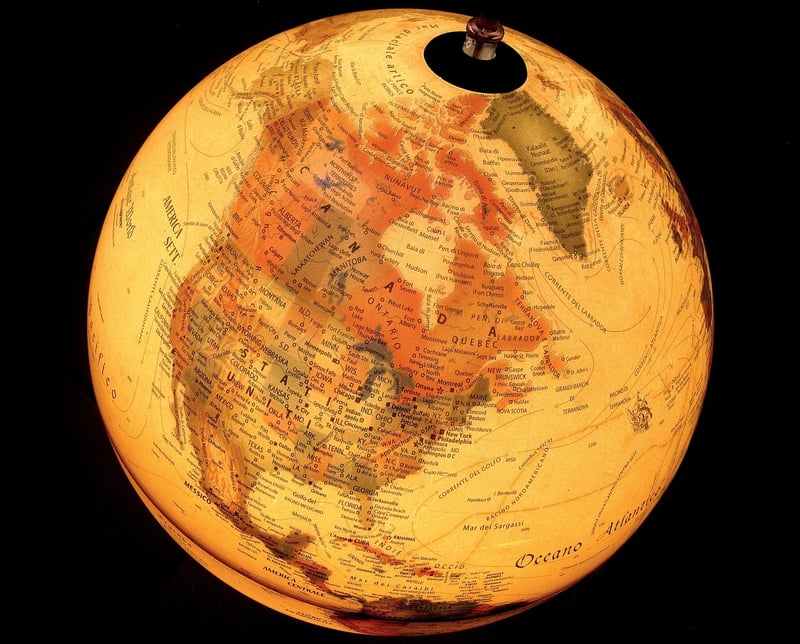Future Exploration
Exploring Time Periods and Future Exploration
Introduction
Time has always been a fascinating concept for humanity. Exploring different time periods allows us to learn from the past and understand how it has shaped our present reality. Additionally, looking towards future exploration opens up exciting possibilities for advancements in technology, science, and society.
Exploring Different Time Periods
Studying different time periods helps us gain insights into the cultures, technologies, and ways of life that existed in the past. From ancient civilizations like the Egyptians and Romans to the Renaissance and Industrial Revolution, each era has its own unique characteristics and contributions to our collective history.
- Ancient Civilizations: Explore the mysteries of the pyramids in Egypt or the advancements in engineering and governance by the Romans.
- The Renaissance: Dive into the art, literature, and scientific discoveries that defined this period of rebirth in Europe.
- Industrial Revolution: Understand the impact of industrialization on society, economy, and the environment.
Future Exploration
Looking towards the future, exploration takes on a whole new meaning with the possibilities of space travel, artificial intelligence, and sustainable living. The future holds promise for exciting developments that can shape the course of humanity in the coming centuries.
- Space Exploration: Discover new planets, moons, and galaxies as we push the boundaries of our understanding of the universe.
- Artificial Intelligence: Explore the potential of AI in transforming industries, healthcare, and daily life.
- Sustainable Living: Embrace eco-friendly practices to ensure a greener future for generations to come.
Conclusion
Exploring different time periods and looking towards future exploration allows us to expand our horizons and envision a world filled with endless possibilities. By learning from the past and innovating for the future, we can create a better world for ourselves and future generations to come.

For more information on historical time periods and future exploration, visit History.com and NASA's official website.
